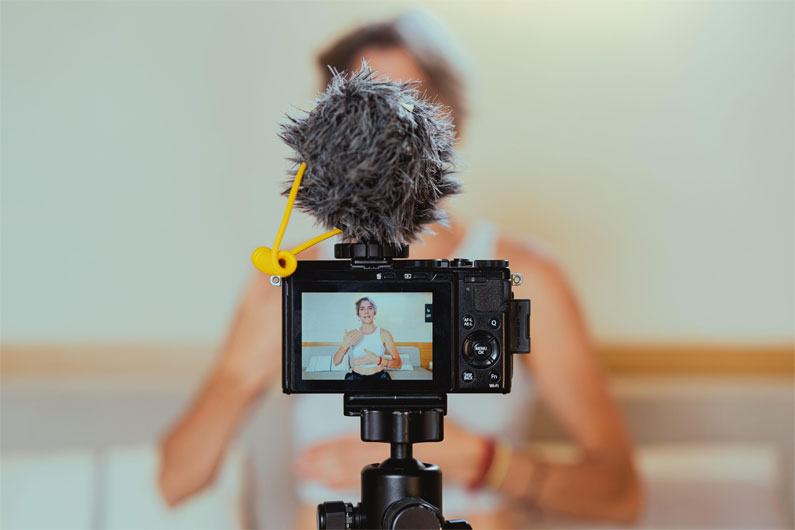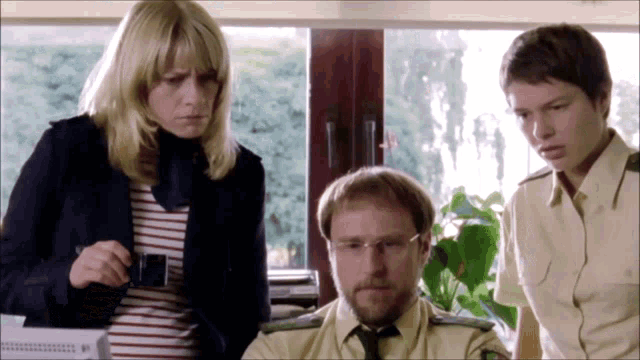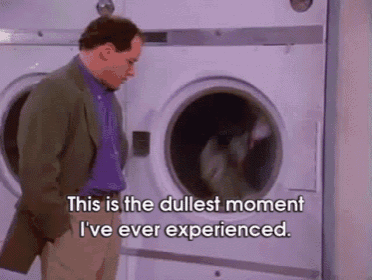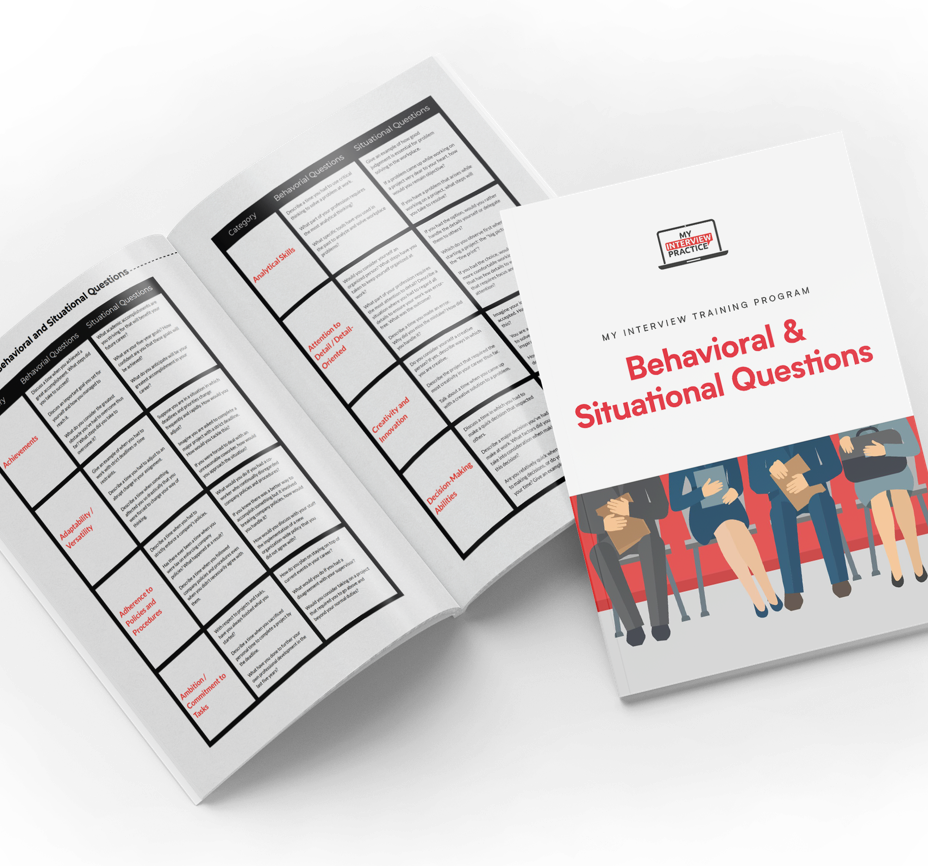7 Reasons to Record Yourself During Job Interviews

Ah, job interviews. You’ve got your outfit picked out, your Zoom background picked out, your resume printed, and your answers in mind. But there may be one form of preparation you’ve overlooked — recording yourself doing a practice interview.
These days, video interviews are an increasingly popular way for companies to evaluate candidates. Most of us have never seen ourselves in action while being interviewed, so we don’t understand the impact our body language, pacing, and overall confidence can have on the impression we make during interviews. Sure, you may feel comfortable with your answers and appear confident on the surface, but recording yourself before taking the actual interview can provide invaluable insights into how you come across to employers. Here are seven top reasons why.
1. Observing Your Conversational Style
Recording practice interview sessions allows you to see your body language, pace, and overall confidence when playing the videos back. This can help you identify areas where you need improvement and make adjustments before the actual interview.
For example, you can take note of the following:
- Posture — Are you sitting up straight?
- Facial expressions — Do you look relaxed or uptight?
- Hand movements — Are you gesturing to emphasize points? Are you gesturing a bit too much?
(via Tenor)
- Eye contact — Do you maintain good eye contact with the interviewer?
- Voice volume and tone — Is your voice clear and confident? Do you seem enthusiastic and engaged?
- Speaking pace — Are you speaking too quickly? Too slowly?
2. Identifying Questions You Might Not Have Been Prepared For
It can be difficult to anticipate every question you might get asked in an interview. Recording your practice interviews can help you recognize any questions that may have otherwise caught you off guard and resulted in subpar answers. This will give you a chance to prepare for similar questions or practice for interviews with a wider variety of questions.
(via Tenor)
(We hope no real-world interviewers will be asking you which bear is best, but you never know! You can never over prepare.)
3. You’ll Feel More Confident
Rock stars don’t go on stage without rehearsing their songs, and actors don’t perform without running through lines. So, why should you go into a job interview without practice? True confidence comes from knowing—not just believing—that you’re prepared for the moment. By recording yourself during practice interviews, you can make sure the real deal will be a breeze.
Harry Styles – rumored MyInterviewPractice user (via Tenor)
4. The Opportunity to Analyze Your Answers
Recording your practice sessions gives you an opportunity to listen and analyze your answers. Even if you know what you’re talking about, you may not be communicating that knowledge as effectively as you could be. Thoroughly analyzing your conversational performance can help you identify and eliminate any verbal tics or phrases that could be undermining the impact of your answers. It also gives you a chance to think about how you might have answered the question better, giving you the opportunity to try out different answers before going into the actual interview.
When watching your interview practice recordings, keep these tips in mind:
- Pay attention to the timing of your answers. Are you taking too long or cutting yourself off?
- Listen to how you phrase your responses and determine if they could be more effective.
- Note any “ums”, “uhs”, and other filler words that might distract from your answers.
- Try to catch any nonverbal cues that could indicate discomfort or uncertainty.
- Think about whether your answers are complete and if further information could be provided.
5. Seeking Constructive Criticism from Peers
It’s not always easy to get honest feedback from peers or family members about your performance. However, sharing video recordings of yourself can help provide an unbiased perspective of your interview skills. Friends, family, mentors, or other professionals in your desired field can give you valuable advice about how you truly come across.
Here are some questions you can ask others when sharing your mock interview recordings:
- Do I appear confident and engaged?
- How was my body language overall?
- Are my answers clear and concise?
- Which answers should I improve upon?
- Do I appear to be knowledgeable throughout the interview, or do I fall short on certain topics?
- Is my tone friendly and relaxed? How about my pace?
- Did I clearly communicate my ideas and thoughts?
“Why did you suddenly start speaking with a British accent?” (via Tenor)
6. Ensuring the Quality of Your Interview Environment
If you expect your interviews to take place via video call, you’ll want to conduct your practice interviews in the same location where you’ll be doing the call. By practicing beforehand, you can ensure you have a good internet connection and plenty of light so the video is clear. You can also verify that your interview environment is quiet and free of distractions and background noise, and you can check to see if your camera stays steady, no matter how furiously you tend to type notes while on a call.
(Via Tenor)
7. Ensuring You Observe Proper Interview Etiquette
How you present yourself during an interview is just as important as how you answer the questions. Recording your practice sessions gives you the opportunity to double-check that you have good interview etiquette. You can review your posture, make sure your expressions are appropriate, and confirm you’re maintaining eye contact throughout the conversation. You can practice thanking the interviewer at appropriate times and watch your speaking style to ensure you come across as confident but not arrogant or confrontational in any way.
Watching your practice interview will allow you to see how your interview outfit of choice appears on camera. Even if you’re taking the call at home, we’d recommend an outfit 100% free of ketchup stains. One ketchup stain is still one too many.
Dull, but necessary. (via Tenor)
How to Record Yourself During Job Interviews
Recording yourself during job interviews is easy and can be done with a smartphone, tablet, or computer. To get the best results, position the camera and microphone so your face and upper body are visible and audible. My Interview Practice is a useful tool that can help with this process by allowing you to record and analyze practice sessions in one place.
The key to nailing your interview – practice, practice, practice.
As with anything, practice makes perfect. The most common ways to practice are with in-person mock interviews or a list of questions. While these options are a great place to start, they can leave a lot to be desired.
Practicing with In-Person Mock Interviews and Question Lists
One way to get valuable interview practice is to set up in-person mock interviews. Unfortunately, they can be somewhat inconvenient. You have to find someone to conduct the mock interview, and schedule a meeting every time you want to practice.
Question lists offer a much more convenient way to practice interviewing. Unfortunately, they do little to recreate actual interview pressure. In a real interview you’ll never know what’s going to be asked and this is exactly what can make interviews so stressful.
Interview Simulators – The best of both worlds.
With interview simulators, you can take realistic mock interviews on your own, from anywhere.
My Interview Practice offers a dynamic simulator that generates unique questions every time you practice, ensuring you're always prepared for the unexpected. Our AI-powered system can create tailored interviews for any job title or position. Simply upload your resume and a job description, and you'll receive custom-curated questions relevant to your specific role and industry. Each question is crafted based on real-world professional insights, providing an authentic interview experience. Practice as many times as you need to build your confidence and ace your next interview.
| List of Questions |
In-Person Mock Interview |
My Interview Practice Simulator |
|
|---|---|---|---|
| Questions Unknown Like Real Interviews | |||
| Curated Questions Chosen Just for You | |||
| No Research Required | |||
| Share Your Practice Interview | |||
| Do It Yourself | |||
| Go At Your Own Pace | |||
| Approachable |
Our interview simulator uses video to record your responses, and recreates the pressure you would feel in a real interview. This also allows your to see how you perform and perfect your responses. You can then share your responses with colleagues and mentors so that you can get valuable feedback.
Get the free training guide.
See the most common questions in every category assessed by employers and be ready for anything.
Get the Guide









